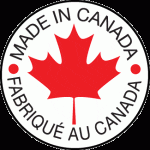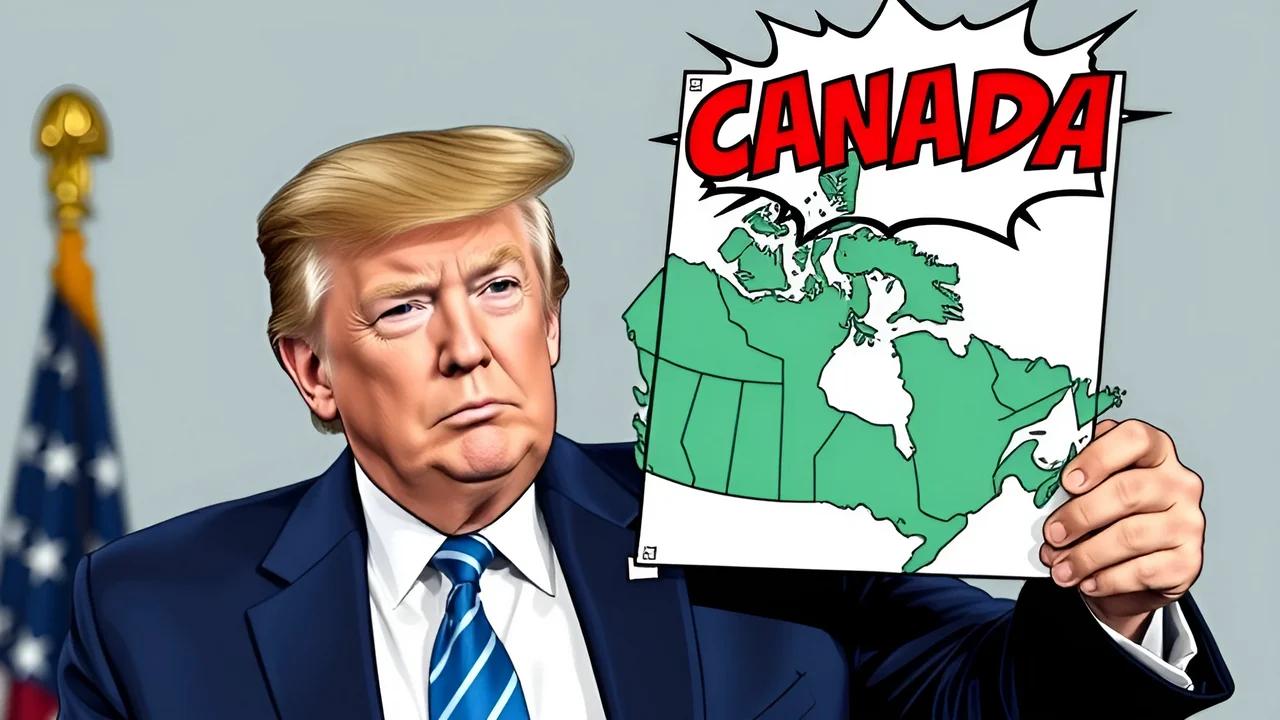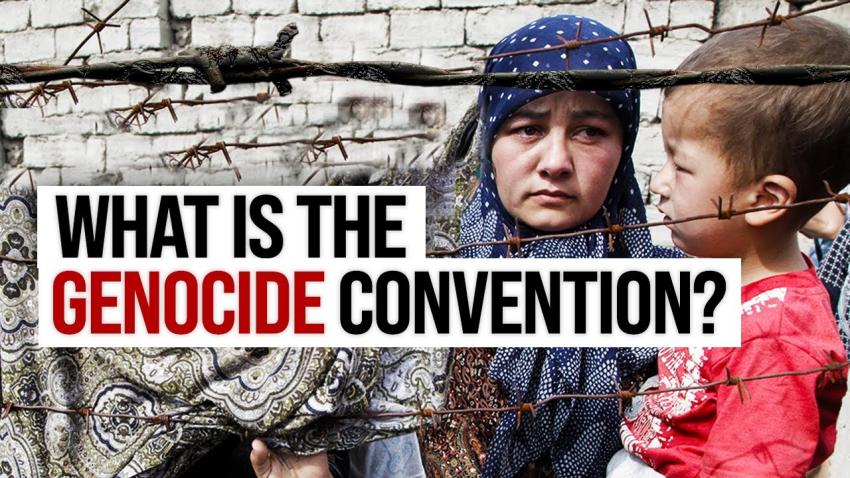Is Canada’s government hiding a corruption scandal from you?
Beneath the polished veneer of Canada’s political and corporate landscape, a troubling truth is emerging. Corruption, once considered a distant or isolated problem, is now spreading through Ottawa and into communities across the country. From high-level government deals to corporate lobbying, everyday Canadians are unknowingly caught in the crossfire of a system increasingly driven by self-interest and secrecy.
Political Corruption: How Ottawa’s Elite Are Undermining Democracy
Recent investigations and whistleblower reports reveal patterns of political favoritism, questionable contracts, and opaque decision-making that point to systemic corruption. Politicians are being accused of using public funds to secure private interests, bypassing democratic oversight, and manipulating policies to benefit a select few. These actions are not only eroding trust in government but also shaping policies that directly affect Canadian families—from healthcare access to environmental regulations.
Key Indicators of Political Corruption
-
Favoritism in government contracts: Public projects are being awarded to companies with personal connections rather than merit.
-
Lobbying loopholes: Corporate interests exert disproportionate influence over legislation.
-
Opaque campaign financing: Large, untraceable donations undermine transparency.
These patterns illustrate a system where power and wealth are concentrated, leaving ordinary citizens at a disadvantage. The consequences are far-reaching, affecting the economy, social equity, and Canada’s international reputation.
Corporate Corruption: When Business and Politics Collide
Canada’s corporate sector is not immune. Companies operating in sectors such as natural resources, healthcare, and infrastructure are implicated in bribery, tax evasion, and regulatory manipulation. Often, these practices are facilitated by politicians and bureaucrats who prioritize personal gain over public welfare. Canadians are left paying higher costs, experiencing reduced services, and witnessing environmental degradation—all while the culprits evade accountability.
Examples of Corporate Malfeasance
-
Energy sector lobbying to weaken environmental protections.
-
Healthcare procurement scandals inflating costs for essential services.
-
Infrastructure project mismanagement with kickbacks and inflated budgets.
The intersection of corporate influence and political power creates a cycle of corruption that permeates communities, leaving citizens both powerless and unaware.
Public Impact: Corruption in Your Backyard
Corruption is not confined to Ottawa’s corridors of power. Its effects ripple into every Canadian neighborhood, influencing:
-
Local governance and school board decisions
-
Housing development and zoning approvals
-
Access to healthcare and social services
-
Environmental protections in local areas
Everyday Canadians are living with the consequences of hidden deals, inflated contracts, and skewed priorities—yet many remain unaware of the systemic forces shaping their lives.
Fighting Back: Accountability, Transparency, and Action
Experts argue that tackling corruption requires a multi-pronged approach: independent oversight, whistleblower protections, and public engagement. Citizens must demand transparency, hold leaders accountable, and support organizations exposing wrongdoing. Only through vigilance and action can Canadians reclaim a system designed to serve the public rather than a select few.
Conclusion: The Time to Wake Up Is Now
Canada’s corruption crisis is no longer a distant headline—it’s a reality that touches every community. From Ottawa to your backyard, the concentration of power, opaque decision-making, and unchecked corporate influence threaten the foundations of Canadian democracy. The question is no longer whether corruption exists, but how long Canadians will allow it to persist. Awareness, advocacy, and action are the only tools to restore accountability and fairness to the nation.
🏛️ Political Corruption and Public Perception
-
Angus Reid Institute Survey: A 2024 survey revealed that over 80% of Canadians believe political corruption is common in their province, with 88% agreeing that those responsible are rarely brought to justice. Angus Reid Institute
-
OECD Report on Foreign Bribery: The Organization for Economic Co-operation and Development (OECD) outlined concerns about Canada’s ability to address foreign bribery and corruption, highlighting shortcomings in enforcement and monitoring systems. DLA Piper
🏢 Corporate Corruption and Mismanagement
-
Competition Bureau Canada: The Bureau has documented numerous cases of bid-rigging, price-fixing, and other illegal agreements between competitors, indicating systemic issues within corporate practices. Competition Bureau Canada
-
Healthcare Fraud Investigations: In 2025, the Department of Justice announced a significant healthcare fraud takedown, charging 324 individuals and highlighting ongoing issues within the healthcare sector. Norton Rose Fulbright
🧾 Government Accountability and Oversight
-
Disclosure Report on Misconduct and Wrongdoing 2024-2025: The Canadian government’s report revealed 30 alleged cases of misconduct, with some resulting in employees leaving their positions, underscoring concerns about accountability within public institutions. ISED Canada
-
RCMP Investigation into Alberta Health Services: The Royal Canadian Mounted Police launched an investigation into Alberta Health Services following allegations of corruption in procurement processes, indicating potential systemic issues within provincial health services. JURIST
🧭 Public Trust and Institutional Integrity
-
Transparency International Canada: Transparency International’s 2024 Corruption Perceptions Index highlighted concerns about corruption in Canada, with calls for increased transparency and accountability in both public and private sectors.
-
Public Inquiry into Foreign Interference: A public inquiry found no evidence of “traitors” in parliament but warned against the spread of misinformation that threatens democracy, reflecting concerns about the integrity of political institutions. AP News










